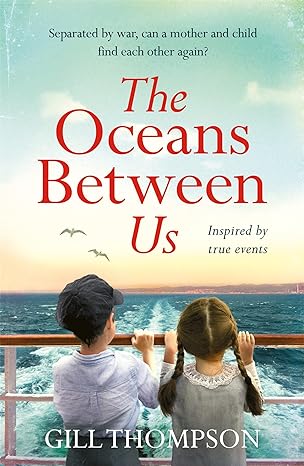
The End of the Affair
Maurice Bendrix, a writer in Clapham during the Blitz, develops an acquaintance with Sarah Miles, the bored, beautiful wife of a dull civil servant named Henry. Maurice claims it’s to divine a character for his novel-in-progress. That’s the first deception. What he really wants is Sarah, and what Sarah needs is a man with passion. So begins a series of reckless trysts doomed by Maurice’s increasing romantic demands and Sarah’s tortured sense of guilt. Then, after Maurice miraculously survives a bombing, Sarah ends the affair—quickly, absolutely, and without explanation. It’s only when Maurice crosses paths with Sarah’s husband that he discovers the fallout of their duplicity—and it’s more unexpected than Maurice, Henry, or Sarah herself could have imagined.
Adapted for film in both 1956 and 1999, Greene’s novel of all that inspires love—and all that poisons it—is “singularly moving and beautiful” (Evelyn Waugh).
BEST DEALS

About the Author
Graham Greene (1904–1991) is recognized as one of the most important writers of the twentieth century, achieving both literary acclaim and popular success. His best known works include Brighton Rock, The Heart of the Matter, The Quiet American, and The Power and the Glory. After leaving Oxford, Greene first pursued a career in journalism before dedicating himself full-time to writing with his first big success, Stamboul Train. He became involved in screenwriting and wrote adaptations for the cinema as well as original screenplays, the most successful being The Third Man. Religious, moral, and political themes are at the root of much of his work, and throughout his life he traveled to some of the wildest and most volatile parts of the world, which provided settings for his fiction. Greene was a member of the Order of Merit and a Companion of Honour.











